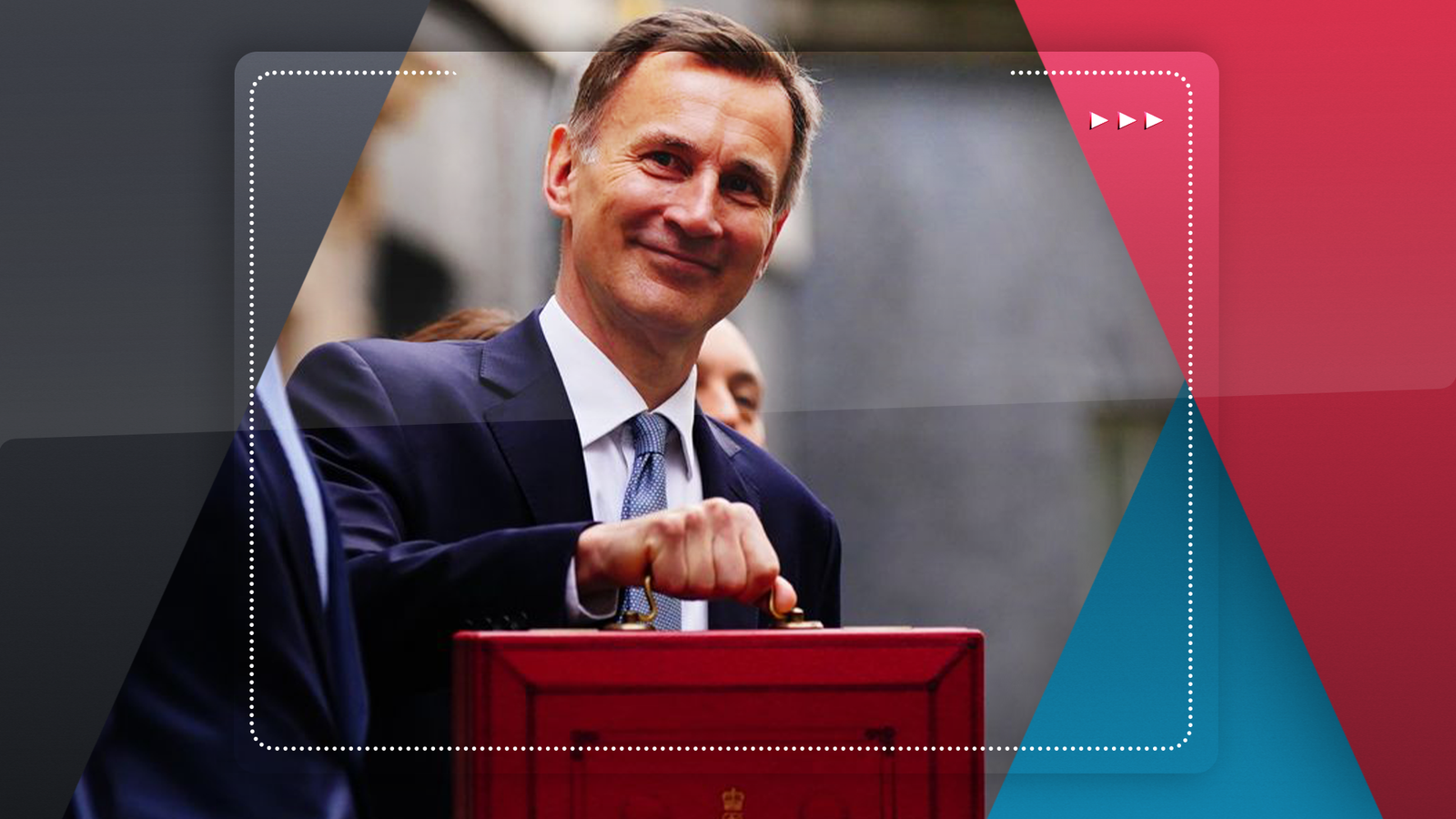Budget 2023: The key points of Chancellor Jeremy Hunt’s speech

The chancellor has announced the budget for 2023.
The UK will now not enter a technical recession this year, say independent forecasters the Office for Budget Responsibility (OBR).
Inflation will more than halve and reduce to 2.9% by the end of the year, the OBR expects.
Click here for our budget calculator to see if you are better or worse off
Here are the key points:
Parents – working 16 hours a week – of children aged nine months to five years will get 15 hours free childcare to encourage caregivers to enter the workforce.
This will be staggered from April 2024 to ensure enough places. Children up to two years old will get 15 hours free from April 2024, children from nine months up will benefit from September 2024, and from September 2025 every single working parent of a child under five will have access to 30 hours free childcare per week.
READ MORE
No big bangs, but there still could be blow ups: Beth Rigby’s political analysis
No feel-good factor: Ed Conway’s economic analysis
The lifetime allowance – the total amount workers can accumulate in their pension savings before paying extra tax – has been abolished. Mr Hunt hopes it will stop 80% of NHS doctors from receiving a tax charge.
Advertisement
The pensions annual tax-free allowance will rise by 50% from £40,000 to £60,000.
Tax relief of 11p has been announced on draft drinks served in pubs from 1 August.
An extension of the 5p cut in fuel duty, at a cost of £6bn, has been announced for a year. Fuel duty will also be frozen for the next 12 months.
The government will abolish the work capability assessment for disabled people and separate benefit entitlement from an individual’s ability to work. The aim is to enable disabled people to seek work without fear of losing their benefits.
A new programme called universal support will also fund extra support for disabled people to find work.
A new apprenticeship, called a returnership, will be created for those aged 50 and older wanting to return to work. Mr Hunt said it will make existing skills programmes more appealing for older workers and focus on previous experience.
An extra £400m will increase mental health and musculoskeletal workplace support to stop people being forced to leave work due to sickness.
As corporation tax on profits over £250,000 is due to rise from 19% to 25% in April, businesses will be able to offset 100% of UK investments against their profits to bring down tax bills. The OBR said it will increase business investment by 3% for every year. Mr Hunt announced the measure for the next three years but intends to make it permanent “as soon as we can responsibly do so”.
An “enhanced credit” has been introduced for small and medium-sized businesses if they spend 40% or more of their total expenditure on research and development. They can claim credit worth £27 for every £100 spent.
As expected, the government is extending the energy price guarantee (EPG), which keeps the average household bill at £2,500 until the end of June by capping the unit price of electricity. The typical bill was due to rise to £3,000 from 1 April. Under the EPG the government effectively caps household costs and reimburses energy companies for the difference between that, and the cost of buying power on wholesale markets.
The energy rebate scheme – paid direct to customers in six instalments of £66 and £67 a month – has not been extended and will end this month.
The so-called “prepayment premium”, whereby those using prepayment meters are charged more for their gas and electricity, will be scrapped from July, enabling four million families to save £45 a year on their bills.
Twelve new investment zones or “potential Canary Wharfs” will be eligible for £80m in funding to boost business there, with at least one each in Scotland, Wales and Northern Ireland.
The ones in England are: Greater Manchester, West Midlands, North East, South Yorkshire, West Yorkshire, East Midlands, Teesside, and Liverpool.
There will also be £200m extra funding for local regeneration projects.
An extra £200m a year – in addition to the £500m already allocated – will be made available to tackle “the curse” of potholes.
Public leisure centres and pools will share a £63m fund to help with costs.
From next year medicines and technologies approved by other trusted global regulators will be eligible for “near automatic” sign-off.
Defence spending will rise an extra £11bn over the next five years. The defence budget is currently about £50bn.
Up to £600m in tax relief on energy efficiency measures has been announced for businesses, in a bid to reduce energy use by 15%.
Nuclear power will be classed as “environmentally sustainable” to grow investment in the sector.
The government plans for a quarter of electricity to be nuclear-powered by 2050. To that end Great British Nuclear has been created – with the aim to “bring down costs and provide opportunities across the nuclear supply chain”.